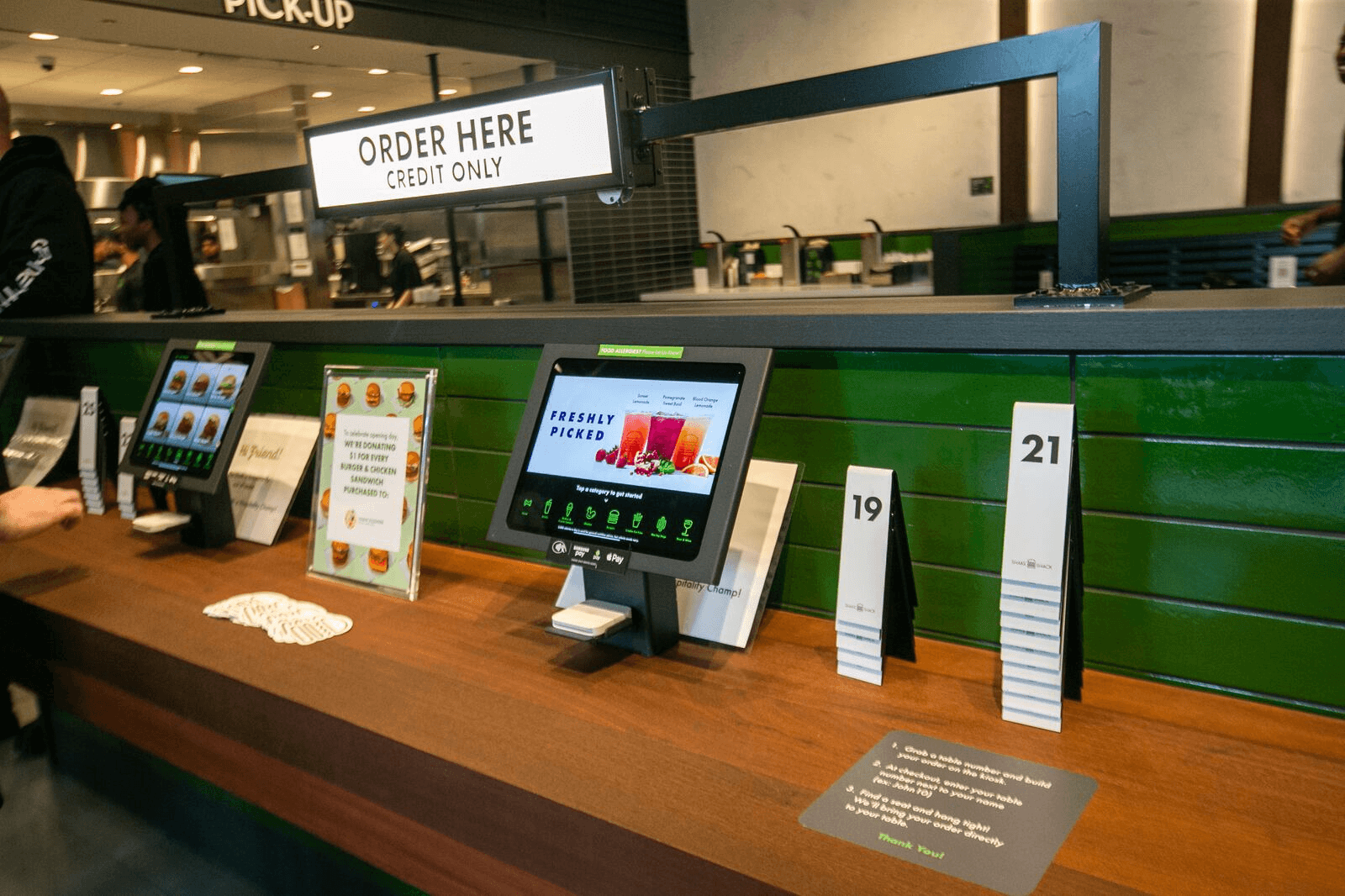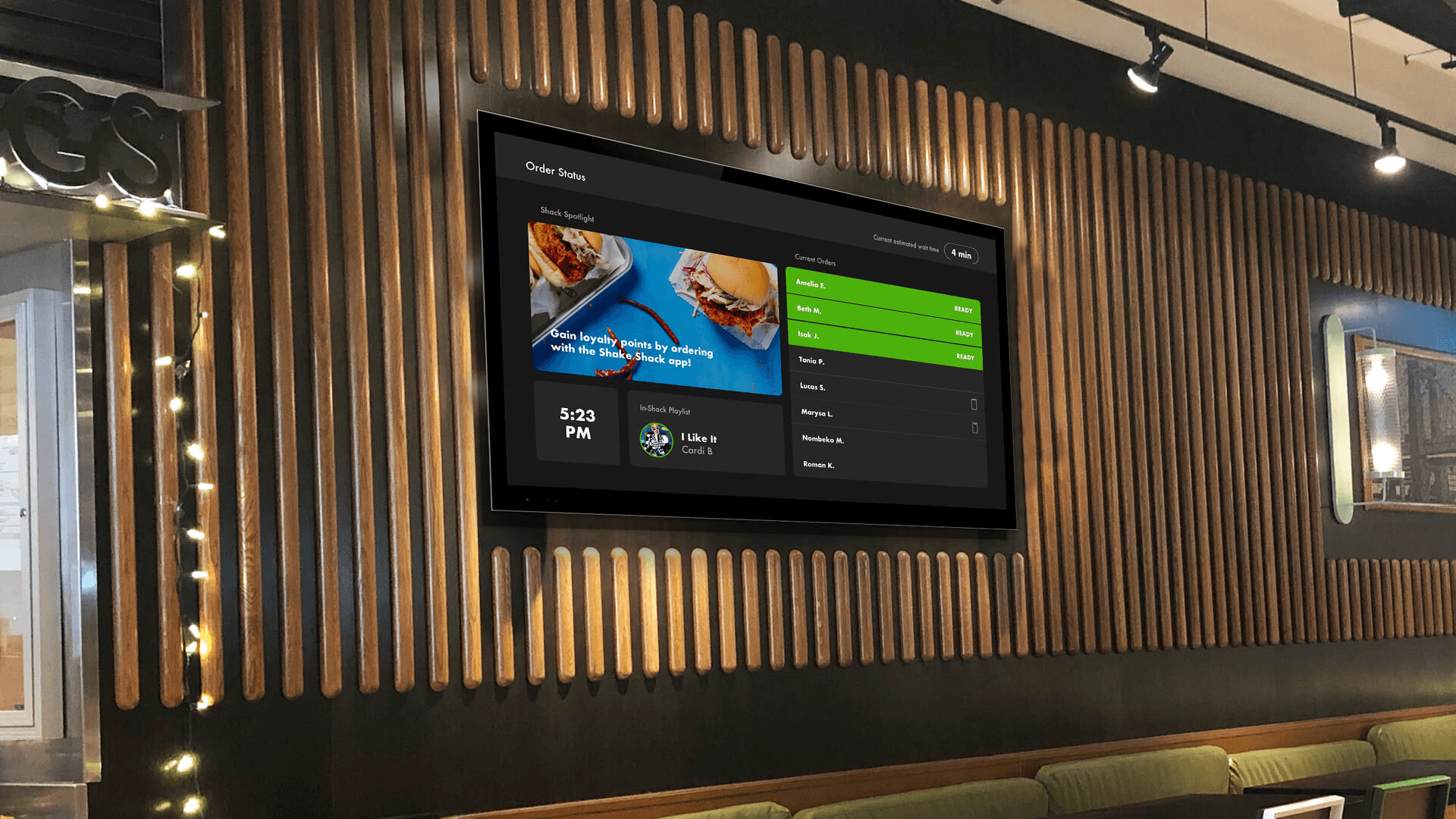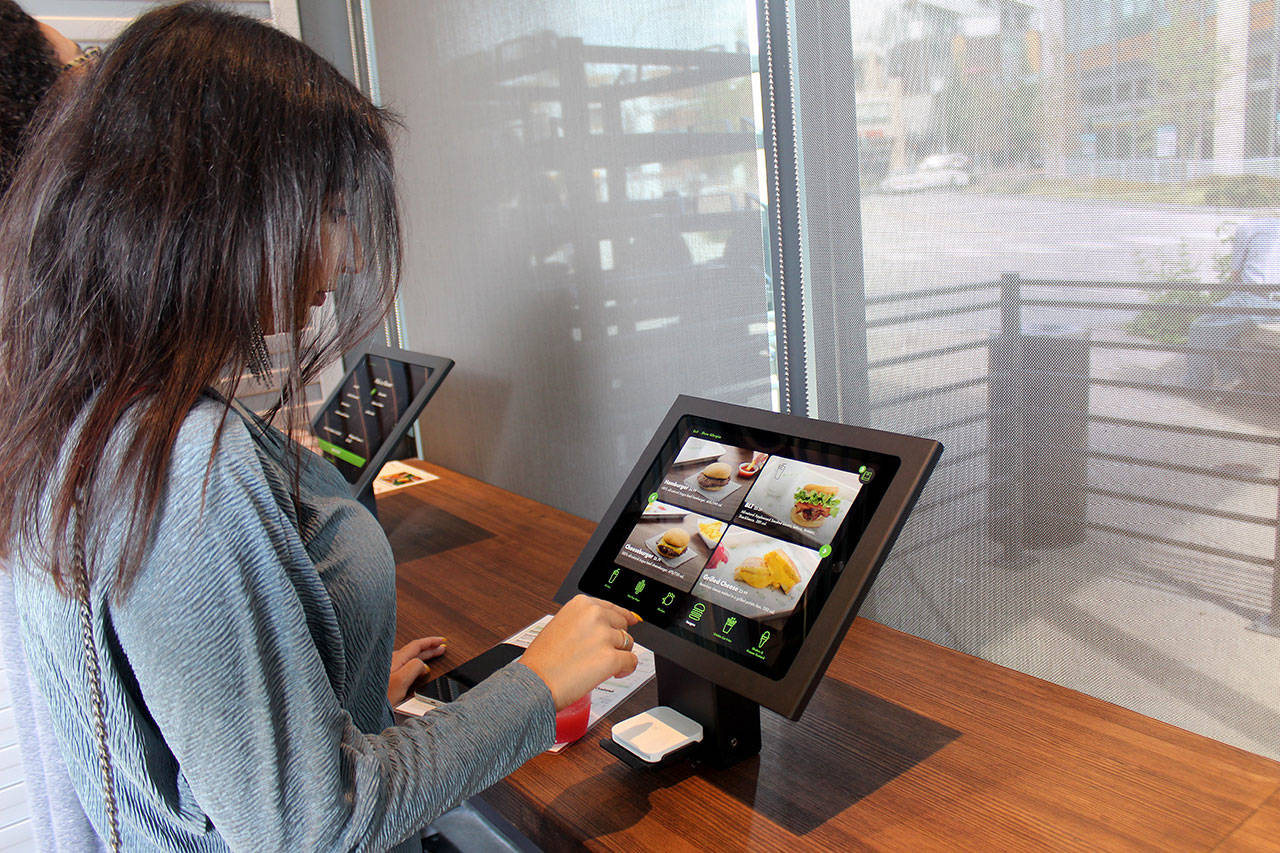CASE STUDY

Ryan
Solution Specialist
For Shake Shack, investing in custom software development was essential during its rapid expansion from 30 to over 50 locations and beyond. This case study highlights how the company successfully leveraged custom-built software to enhance its operations and digital channels while ensuring scalability. The integration of custom solutions allowed Shake Shack to maintain its high service quality while growing its footprint.
The challenge: rapid growth and
complex operations
Shake Shack, known for its premium fast-casual dining experience, needed to scale its operations to keep up with increasing demand. As it expanded quickly, standard off-the-shelf software solutions couldn’t meet its unique needs, particularly for managing operations across several locations.
Key issues:
— Limited flexibility of standard software products.
— Complex operational workflows requiring tailored solutions.
— Need to integrate both customer-facing and back-end systems to deliver a seamless experience.
Shake Shack's custom software solutions
To meet these challenges, Shake Shack turned to custom software development, working with development partners such as Deloitte. Custom-built digital infrastructure allowed them to streamline both front-of-house and back-of-house operations, optimize customer experiences, and scale efficiently.
Mobile App Development: Shake Shack launched a custom mobile app to allow customers to order in advance, customize their meals, and pick them up seamlessly. This app integrated with their POS systems and collected real-time customer data to inform marketing strategies.
Self-Service Kiosks: Shake Shack introduced self-service kiosks that enabled in-store digital ordering. The kiosks freed up staff from taking orders, allowing them to focus on improving guest interactions.
Shack Track: The Shack Track initiative, a digital pre-order and pickup solution, allowed Shake Shack to integrate its online and offline customer experiences. This was implemented across new store formats, including drive-thrus and walk-up windows, particularly during the pandemic.
Financial and Human Capital Management: Shake Shack integrated Workday, a cloud-based platform that included Human Capital Management and Financial Management systems. This digital transformation allowed Shake Shack to automate manual processes, improve financial transparency, and ensure scalability during rapid expansion. The platform supported over 400 global locations, ensuring efficient operations management across the brand's growing footprint (Deloitte).
Tailor-made systems for improved operations
The investment in custom software paid significant dividends, helping Shake Shack optimize operations while maintaining a premium customer experience.
Enhanced Customer Experience: The mobile app and self-service kiosks reduced friction in the ordering process, creating a seamless digital and physical experience. Customers could order and pay through multiple channels—mobile, kiosks, or in-person—resulting in shorter wait times and more personalized service. The integration of geo-location and real-time order tracking also helped boost convenience.
Operational Efficiency and Scalability: Custom software gave Shake Shack the flexibility to introduce new features quickly without being constrained by the limitations of boxed products. They were able to integrate new digital solutions, such as drive-thrus and pickup windows, in a matter of months. Cloud-based financial and HR solutions also automated manual processes, allowing Shake Shack to focus on expansion rather than operational bottlenecks (Square) (WD Partners).
Data Control and Innovation: By owning its digital infrastructure, Shake Shack maintained full control over customer data. This allowed them to run targeted marketing campaigns based on purchase history, behavior, and preferences. The custom software also enabled continuous innovation, allowing them to adapt to market demands rapidly.
Pandemic Adaptation: The custom software proved especially valuable during the COVID-19 pandemic. Shake Shack was able to quickly pivot to digital-first services like curbside pickup and contactless delivery, helping them maintain sales and customer engagement while many competitors struggled.
Shake Shack's rapid expansion
Shake Shack's investment in custom software development helped them scale from 50 locations to over 400 globally. Digital sales now account for a large portion of revenue, with the mobile app and kiosk systems providing valuable customer data that informs marketing and operational decisions. The brand continues to grow, opening 35-40 new locations annually while maintaining the ability to quickly adapt to changing market conditions (Nation's Restaurant News) (QSR Magazine).
For restaurant chains undergoing rapid growth, investing in custom software development is key to maintaining operational efficiency and enhancing the customer experience. Shake Shack’s success highlights how custom-built solutions can help restaurant chains streamline their operations, control data, and innovate faster.
Takeaways for smaller and mid-sized restaurant chains
While Shake Shack’s tech strategy was designed to support its growth into a global fast-casual brand, there are several key lessons that small and mid-sized restaurant chains can apply to their own operations:
Invest in digital ordering and customer engagement early: Shake Shack’s success was largely supported by its ability to integrate digital ordering solutions, both for mobile apps and in-store kiosks. Smaller chains can benefit by adopting digital ordering platforms early, allowing customers to order seamlessly across multiple channels. This not only improves convenience but also increases order accuracy and reduces wait times, boosting customer satisfaction.
Focus on scalable tech solutions for operations: As Shake Shack scaled, it prioritized systems that could grow alongside its expansion. Smaller chains should also look for scalable solutions like integrated POS systems and kitchen management software, ensuring that these technologies can easily support additional locations as the business grows. Starting with flexible, scalable systems will minimize future disruptions and avoid the need for costly overhauls down the line.
Leverage data for operational insights: Shake Shack used data-driven insights to enhance customer experiences, optimize kitchen workflows, and manage labor effectively. Even smaller chains can start by implementing simple custom analytics dashboards that track sales trends, customer preferences, and staffing needs. These insights can help inform business decisions, from optimizing menu offerings to streamlining labor schedules.
Prioritize brand consistency through centralized systems: Shake Shack ensured a consistent customer experience by centralizing its tech stack, particularly for managing menus, pricing, and promotions across locations. Mid-sized chains should focus on centralized operational systems to maintain brand consistency, even when expanding to new regions. This will help ensure that customers experience the same high-quality service and menu offerings regardless of location.
Enhance labor management with smart scheduling tools: Shake Shack invested in custom labor management solutions to automate and optimize staff scheduling based on real-time demand data. Smaller chains can benefit from custom scheduling tools that automate shift planning based on sales patterns, seasonal changes, and local events. This can reduce labor costs, prevent overstaffing, and ensure compliance with labor laws.



